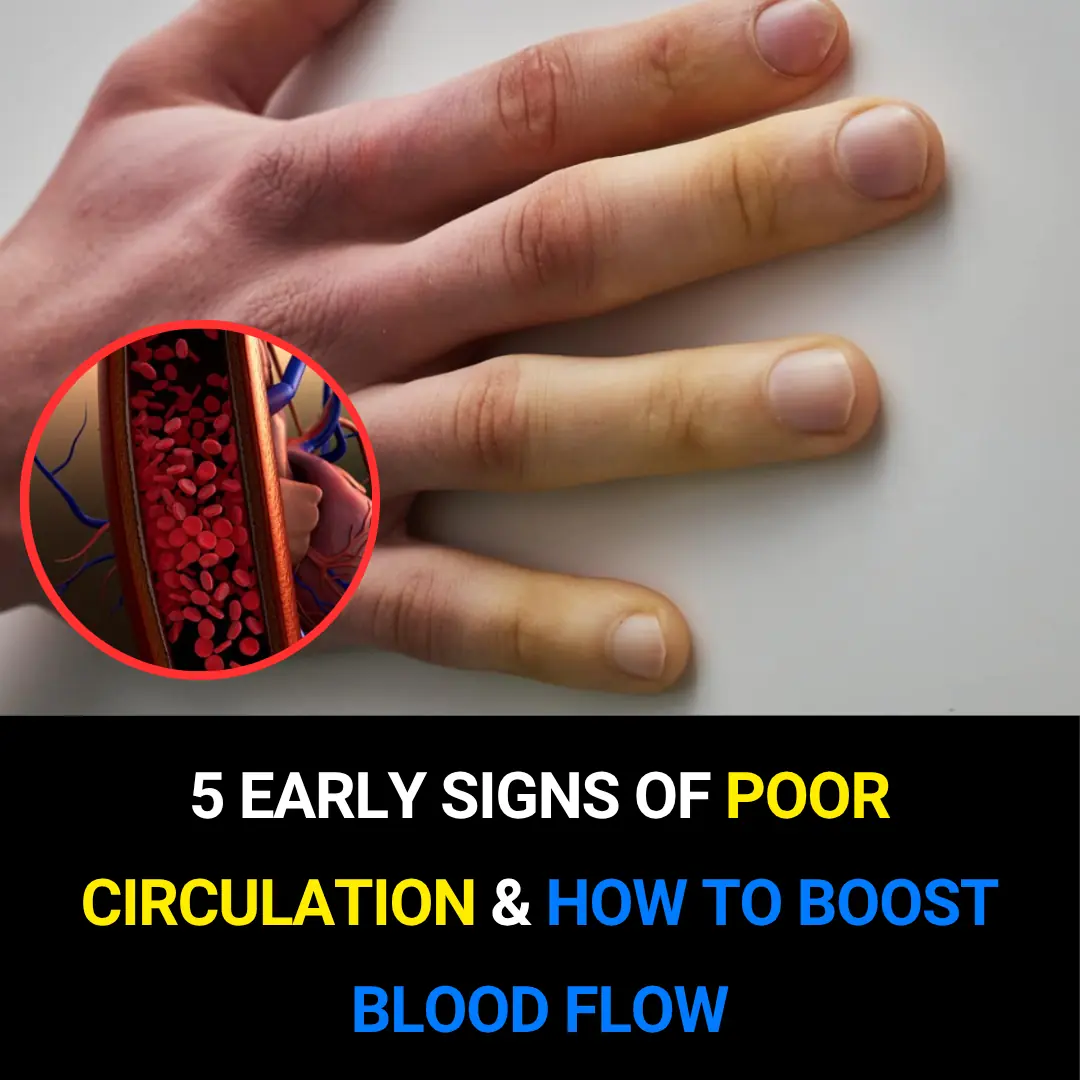
The Hidden Consequences of a S*xless Life

You might assume that skipping intimacy is harmless—or just a passing issue between partners. However, growing scientific evidence shows that the absence of intimacy can quietly affect your body and mind in ways that go far beyond what most people imagine.
Intimacy isn’t only about physical pleasure; it’s a cornerstone of both emotional stability and overall health. When partners share moments of closeness—through touch, affection, or s*xual connection—the brain releases powerful chemicals such as oxytocin, serotonin, and dopamine. These hormones strengthen emotional bonds, lower stress, and foster feelings of safety and happiness. Over time, this biochemical exchange becomes a key part of maintaining mental balance and relational harmony.
Why Intimacy Matters More Than You Think
Research consistently shows that couples who maintain regular intimacy report higher levels of satisfaction, trust, and physical well-being. Conversely, a lack of s*xual activity or affection can lead to measurable changes in the body—both hormonally and neurologically.
1. Immune System Boost
During intimate moments, heart rate and blood pressure briefly rise, prompting beneficial hormonal reactions. Studies from Wilkes University found that couples who engage in intimacy at least twice a week show a 35% increase in immunoglobulin A (IgA)—a crucial antibody that helps the body fight infections.
Without this periodic boost, the immune system may become less responsive, leaving you more vulnerable to seasonal illnesses, fatigue, and even chronic stress.
2. Brain Health and Cognitive Vitality
Intimacy is also good for the brain. Research suggests that s*xual activity stimulates the hippocampus, the region responsible for memory and learning. This activity encourages neurogenesis—the growth of new brain cells—which is essential for maintaining cognitive sharpness as we age.
Avoiding intimacy, on the other hand, can reduce this stimulation, potentially impacting focus, creativity, and even mood regulation. People who experience long-term physical isolation often show higher levels of anxiety and mild depressive symptoms due to hormonal imbalances and reduced dopamine activity.
3. Muscle Strength and Circulatory Health
Intimacy isn’t just mental—it’s a physical exercise that engages multiple muscle groups and improves circulation. S*xual organs, like any other muscles, require regular activity to stay strong and responsive.
For men, prolonged inactivity may increase the risk of erectile dysfunction due to reduced blood flow and weakened pelvic muscles. For women, lack of activity can contribute to a loss of firmness and tone in the pelvic floor, sometimes leading to discomfort or reduced sensitivity.
Regular intimacy keeps these muscles active, supporting better function and long-term vitality.
When Intimacy Feels Difficult
If intimacy has become challenging—whether due to stress, medical conditions, or emotional distance—know that you’re not alone. Many people experience fluctuations in desire or physical comfort at different life stages. Consulting a qualified healthcare professional or therapist can provide tailored solutions, from hormonal assessments to counseling that addresses relationship dynamics and stress management.
Rebuilding intimacy often begins with open communication, patience, and small acts of affection that reignite connection.
🔹 Conclusion
Intimacy is far more than an indulgence—it’s a vital component of human health. It supports the immune system, enhances brain performance, strengthens muscles, and nurtures emotional closeness. Skipping s*xual activity for long periods can quietly erode both physical and psychological well-being.
Maintaining a healthy intimate life—whether through emotional closeness, physical touch, or s*xual connection—helps safeguard not only your relationship but also your overall vitality. In essence, intimacy is medicine for the mind, body, and soul.
News in the same category

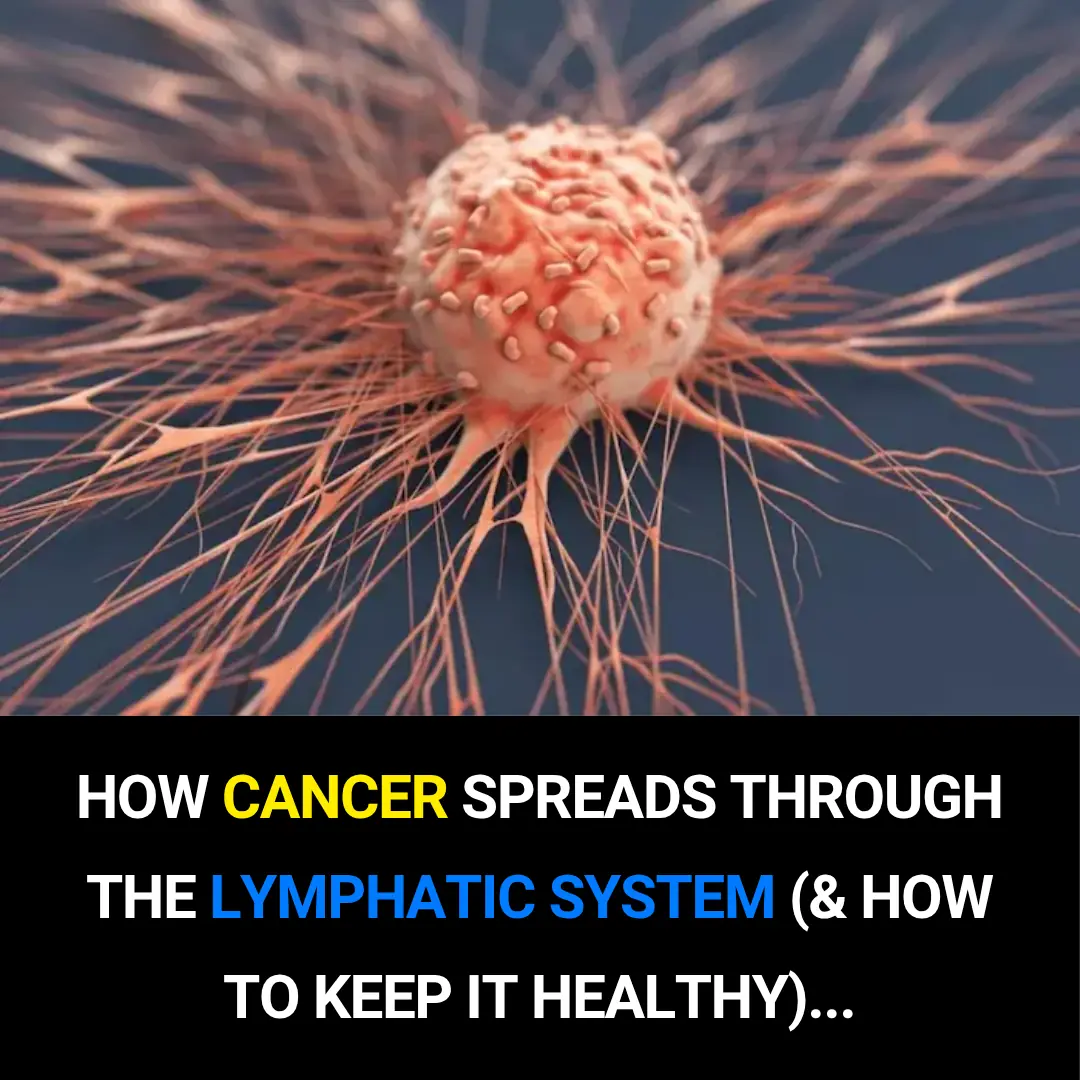
How Cancer Travels Through the Lymphatic System—and Ways to Keep It Strong

How to Make Alkaline Water to Fight Fatigue, Digestive Issues, and Disease
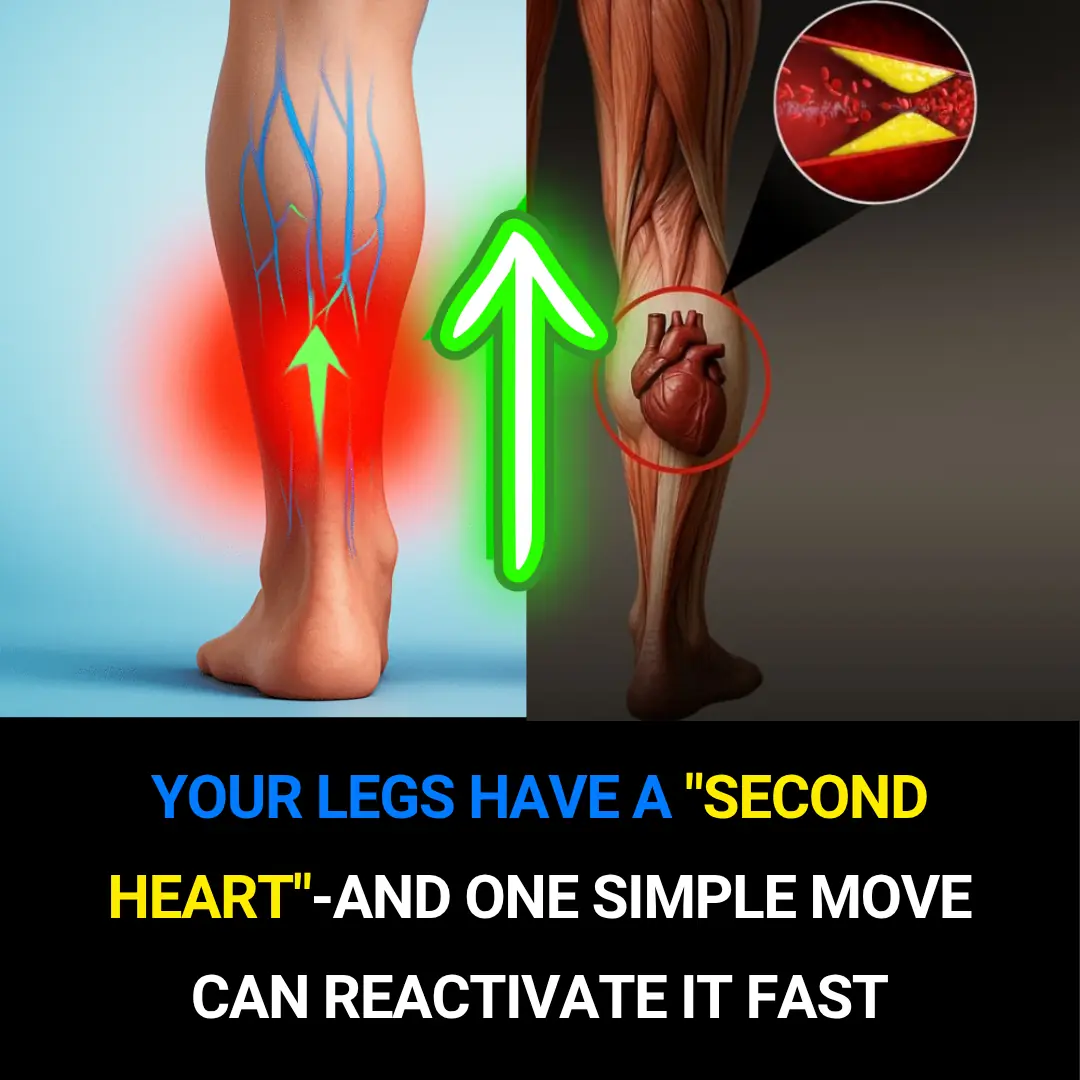
Your Legs Have a “Second Heart” — And One Simple Move Can Reactivate It Fast

A neurosurgeon says your legs could predict dementia years before memory loss

Simple Homemade Cough Syrup Removes Phlegm From The Lungs

The B vitamin solution: lower blood pressure when medications fail

The #1 habit that’s destroying muscle in older adults—are you doing this?

This carb is more damaging to your blood sugar than pure sugar

DIY Under-Eye Clove Cream for Dark Circles

The Powerful Juice That Fights Anemia, Fatty Liver, and Blurry Vision Naturally

Remove Bad Odors from Your Refrigerator Overnight with These Simple Tricks
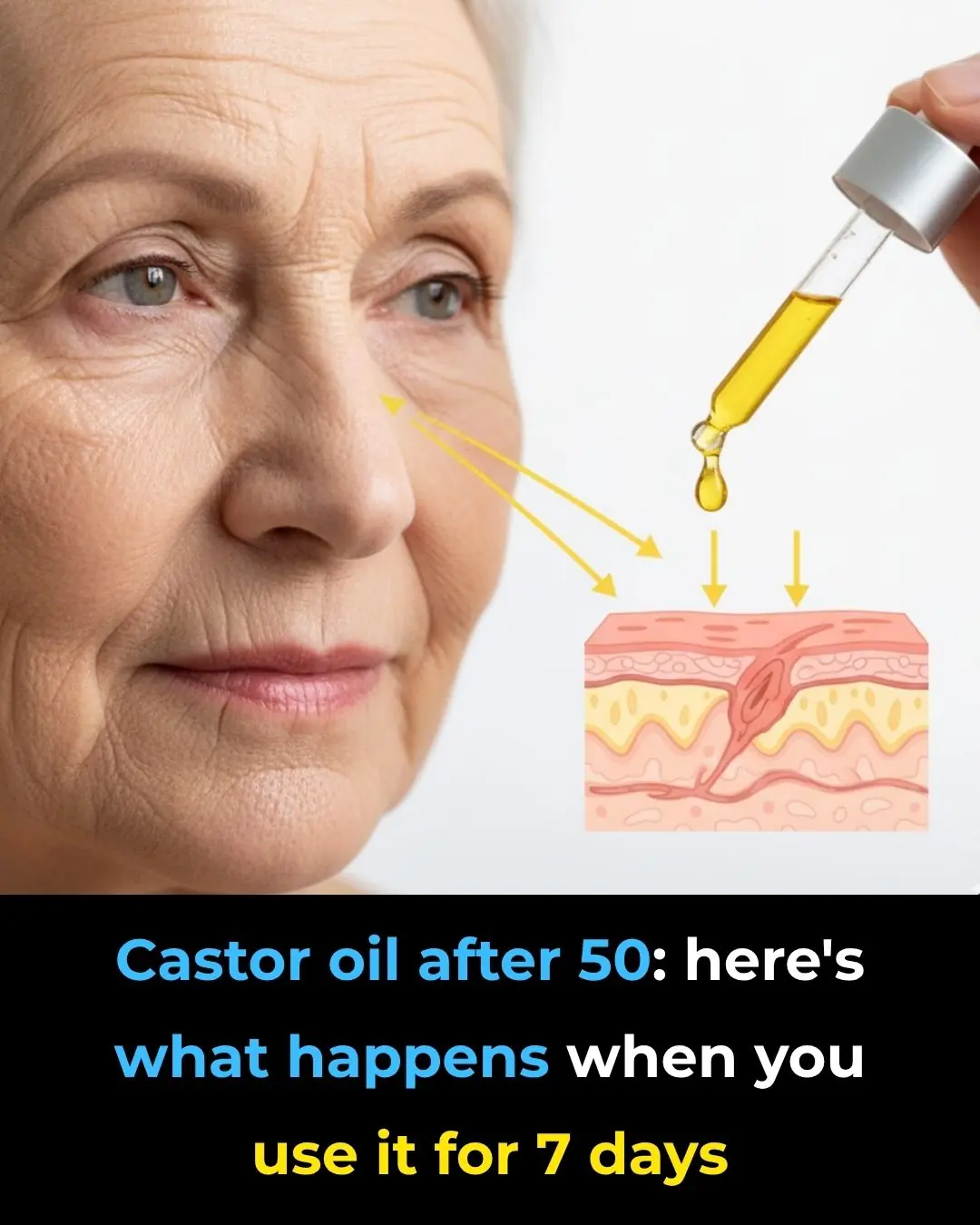
Castor Oil After 50: This Is What Happens After 7 Days Of Use!

Mix One Ingredient With Orange Juice To Flush Toxic Buildup From The Lungs

Drink one cup daily of this juice to UNCLOG arteries?

MISTAKE #1 WHEN CHEWING CLOVES (YOUR HEALTH IS IN DANGER)

Just tried to stop my daughter from doing this

Found this weird skin on my son's ear this morning. Doc appt is a week away. What can I do?

3 Common Mistakes People Make When Eating Avocados
News Post

5 Early Signs of Poor Circulation (and How to Boost Blood Flow)

How Cancer Travels Through the Lymphatic System—and Ways to Keep It Strong

How to Make Alkaline Water to Fight Fatigue, Digestive Issues, and Disease

Your Legs Have a “Second Heart” — And One Simple Move Can Reactivate It Fast

Don't throw away expired milk, keep it for 7 great benefits, help save a lot of money

How to make lemon syrup with a rice cooker to help treat coughs and nourish the lungs

Don't rush to put lemons in the fridge when you buy them. Do this so they stay fresh all year round and don't get bitter or spoiled.

Tips to unclog drains in 5 minutes, removing hair and dirt without calling a plumber
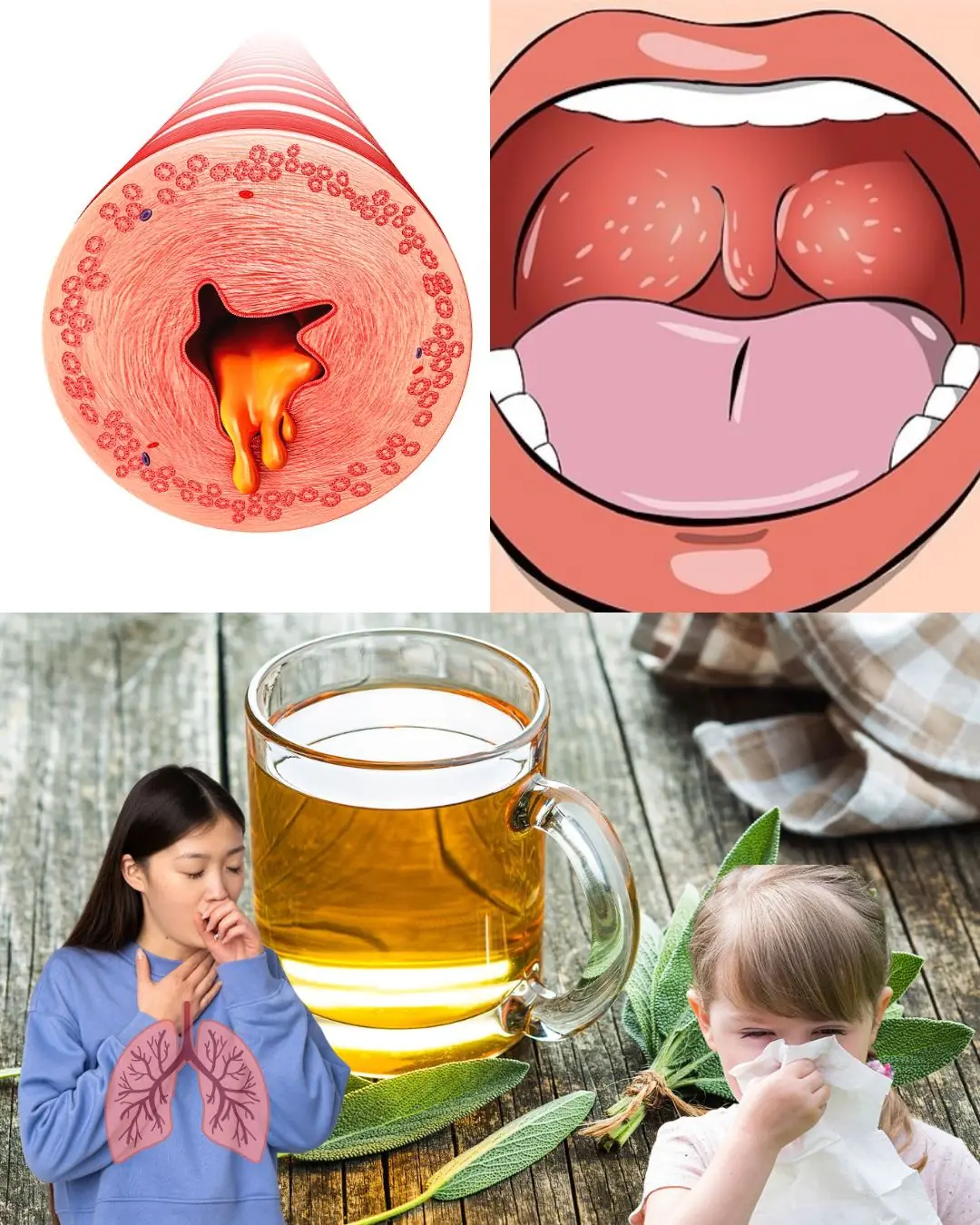
Ancient Herbal Remedy to Clear Mucus from Nose, Throat, and Lungs in Just 2 Days

Seniors: Take This for 5 Nights and See What Comes Out in Your Stool!

A neurosurgeon says your legs could predict dementia years before memory loss

Simple Homemade Cough Syrup Removes Phlegm From The Lungs

The B vitamin solution: lower blood pressure when medications fail

Meet The Owner Of The First Beauty Supply In New Paltz, New York

R&B Singer Lucky Daye Has Full-Circle Moment with MLK Day Halftime Performance

Meet Alvin Irby, One of Pepsico’s Black Changemakers Who’s Using Barbershops To Encourage Black Boys To Read More

Meet Charlie Mitchell, The First Black Michelin-Starred Chef In New York City And The Second One In The Nation

This Mom of Four Just Started Medical School at 43 Years Old
